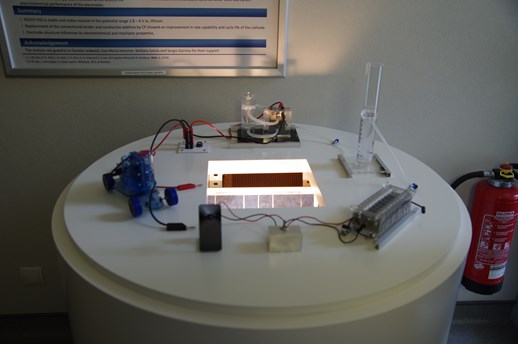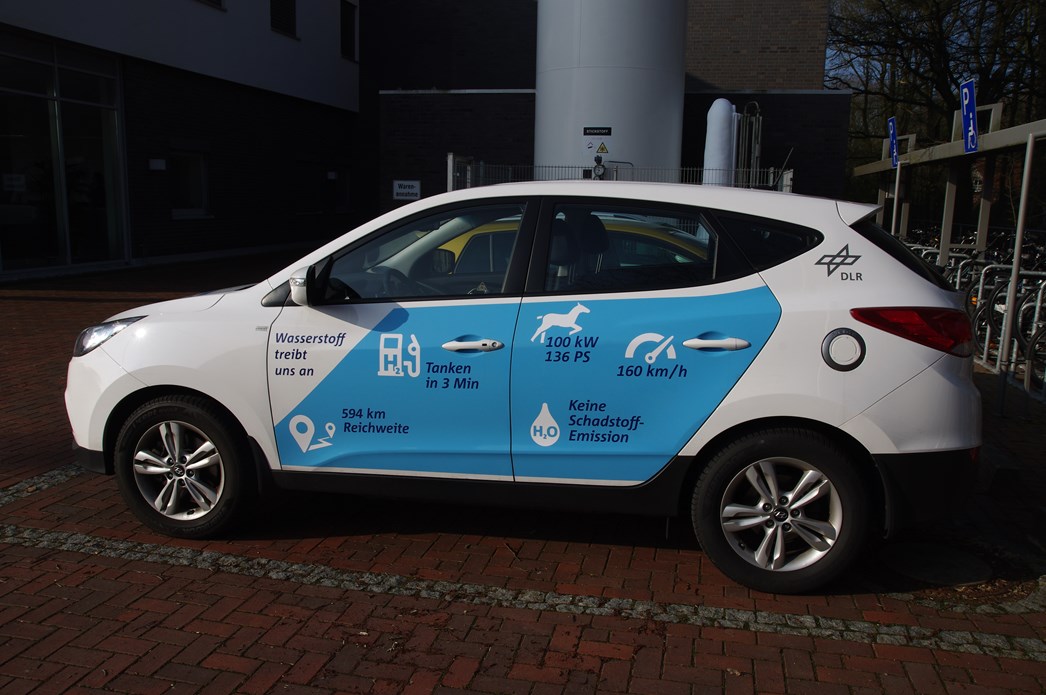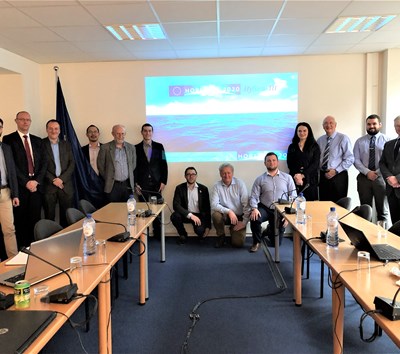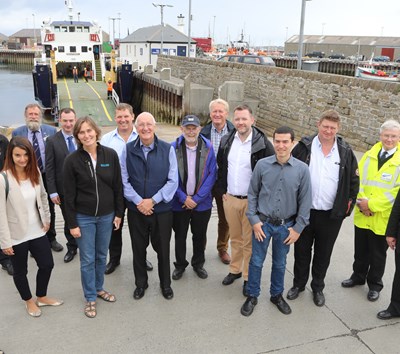Consortium members were invited to visit Oldenburg between 28 and 29 of March to discuss and agree the assumptions to be used for the economic, environmental and socio-economic impact assessments. DLR started with a short introduction to Life Cycle Assessment (LCA), Life Cycle Costing (LCC) and Job Creation potential, covering the scope of these assessments, purpose, the methodology and the required inputs and assumptions.

Source Nordelöf, Anders, et al. "Environmental impacts of hybrid, plug-in hybrid, and battery electric vehicles—what can we learn from life cycle assessment?." The International Journal of Life Cycle Assessment 19.11 (2014): 1866-1890
This was followed by a request for detailed information - identifying components, materials, chemical products, energy use, effectively all inputs and outputs from the manufacturing processes. A lively debate ensued about the level of detail required and how much information could actually be provided from the supply chains, and without divulging proprietary or commercially sensitive information. Pragmatism soon took over as the group began to examine whether a comparative or absolute assessment was of value in the context of the project and for informing policy decision more generally. The workshop concluded that a shift from a traditional fossil-fuel combustion engine to fuel cell battery electric propulsion would not fundamentally change the way ships are designed and built and that a comparative assessment should be conducted.


The consortium were then given a tour of the laboratories at DLR, showcasing their research into flexible and translucent solar panels as well as their work into fuel cells. Spotted in the corridor was this working mockup of the hydrogen cycle - from electrolysis to produce hydrogen to consuming it in a fuel cell providing power to a small fan. The meeting ended with an extended viewing of the fuel cell car owned by the institute.






